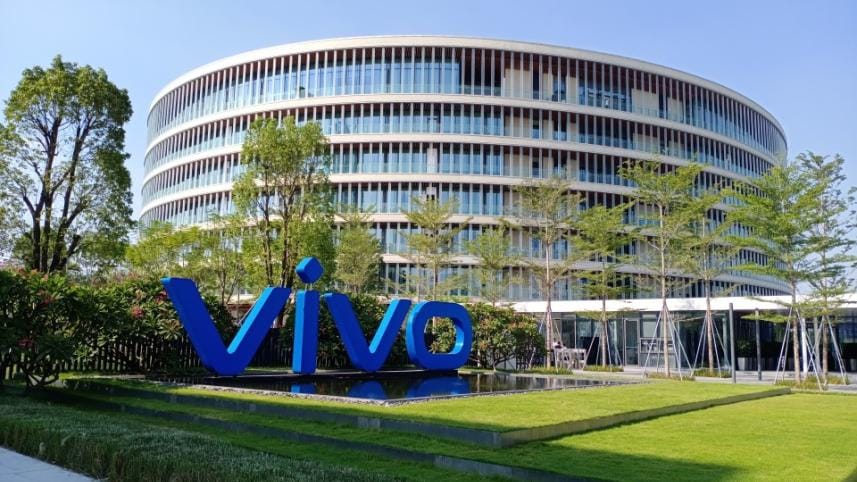Vivo caught up in money laundering case in India

The Enforcement Directorate (ED) of India has filed a charge sheet against Chinese smartphone manufacturer Vivo and several others, marking a crucial development in an ongoing money laundering investigation, according to multiple reports. Filed on Wednesday before a special court, this prosecution complaint targets Vivo-India under the stringent criminal sections of the Prevention of Money Laundering Act (PMLA).
The ED accused Vivo-India of illicitly transferring an enormous sum of ₹ 62,476 crore to China, ostensibly to evade Indian tax obligations. In response, Vivo-India has maintained its commitment to ethical principles and legal compliance.
According to reports, several individuals arrested in this case have been named in the charge sheet. Among those arrested are four key figures: Hari Om Rai, the Managing Director of Lava International, a notable mobile company; Guangwen alias Andrew Kuang, a Chinese national; and Chartered Accountants Nitin Garg and Rajan Malik.
Notably, Hari Om Rai recently asserted in court that despite past discussions with Vivo-India about a joint venture, his involvement with the Chinese firm and its representatives ceased in 2014.
The ED's investigation alleges that the accused played a role in facilitating wrongful gains for Vivo-India, actions deemed detrimental to India's economic sovereignty. The federal probe agency had previously conducted raids on Vivo-India and related individuals in July of the previous year, uncovering what it claimed to be a significant money laundering operation involving Chinese nationals and various Indian companies.
This charge sheet follows the ED's establishment of an enforcement case information report (ECIR), paralleling a police FIR, on February 3. This action was a response to a Delhi Police FIR from December last year against GPICPL (Grand Prospect International Communication Pvt Ltd), an associate company of Vivo, its directors, shareholders, and several professionals. This police complaint, lodged by the Ministry of Corporate Affairs, accused GPICPL and its stakeholders of using forged identification documents and falsifying addresses at the time of the company's incorporation in December 2014.



 For all latest news, follow The Daily Star's Google News channel.
For all latest news, follow The Daily Star's Google News channel.
Comments